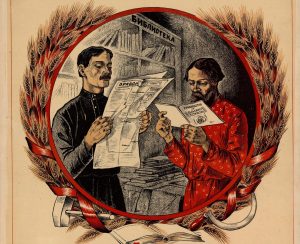
Intense Colors and a Simple Broom: Early Soviet Propaganda Actions in the 1920s – Editor’s Commentary
Since Ancient Mesopotamia and Egypt, the rulers always tried to find new ways to communicate their message to their “target audience.” But, until the 20th century, this propaganda wasn’t used in a measure like it was used by the totalitarian governments of the 20th century.
Read More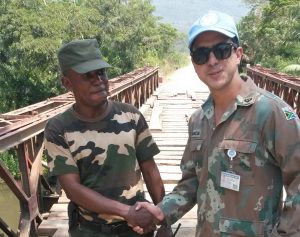
‘Challenging but Fulfilling’: Past, Present, and Future of Peacekeeping Missions – Interview with Dr. Antonio Garcia
We talked with Dr. Garcia about his book “South Africa and United Nations Offensive Peacekeeping Operations”, history of peacekeeping missions during the Cold War, actual and future challenges…
Read More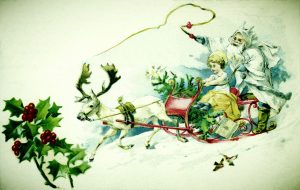
Small Details Make Christmas Merrier: 19th Century Seasonal Holidays – Editor’s Comment
Wooden ornaments, classical music, hot drinks, good company… Sounds simply perfect! And reminds so much of these old times when people enjoyed holidays in a different way. So, here is some vintage seasonal holidays aesthetics…
Read More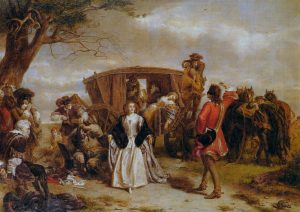
Everyone Loved Him – Daring and Sassy Highwayman during Romanticism
So, why was the figure of the bandit or highwayman so popular? Well, these were different times, and as any time shapes the tastes and preferences of the individual, so did the Age of Romanticism.
Read More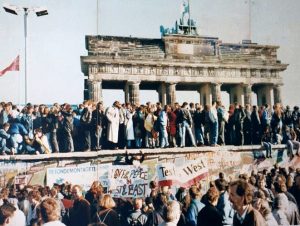
Fall of the Berlin Wall: The Night When the Autumn of Nations Got Heated – Editor’s Comment
Encouraged by the words of Günther Schabowski – “immediately and without delay”, the thousands of people took the opportunity, went out with hammers and chisels, and opened new crossing points on the Berlin Wall by force.
Read More